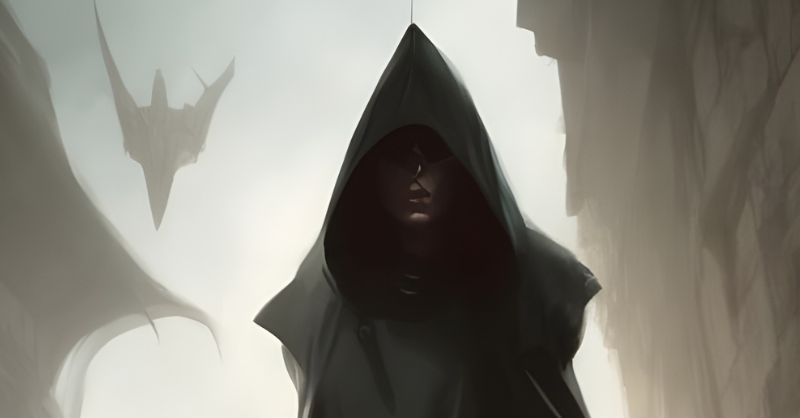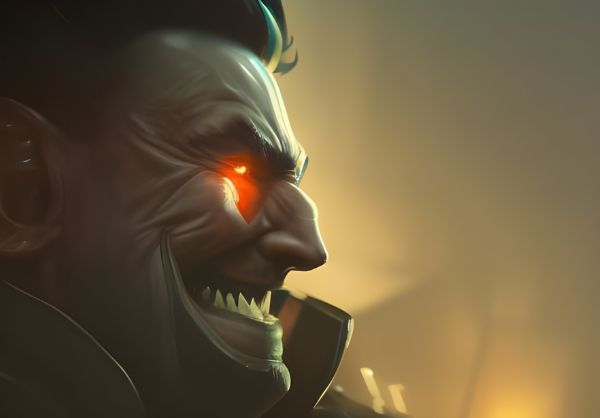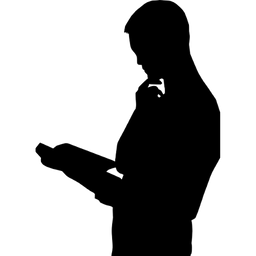How to Become a Fantasy Writer: Villains

What's the best part of a good story? The villain. A well-developed villain can take your story to new heights and make it interesting, while a poorly written one will drag it down and ruin everything. In this article, we'll explore some tips for how to create a great villain in your writing.
Create a backstory
The best way to create a backstory is by asking yourself some questions. These will help you understand your villain and their motivations, as well as give them character and personality.
- How did they get to where they are?
- Why do they want what they want?
- What happened in their past that made them so angry or bitter (and why does this make sense for the story)?
Motivation
The motivation of a villain is an important part of their character. It can be the driving force behind a story, or it can simply be something that they do because they want to. Motivation can be complex and multifaceted, or simple and straightforward: it's up to you!
There are many different ways in which you can give your villains motivation--it could be personal, political, religious (or even non-religious), romantic... The list goes on!
If you're having trouble thinking up what type of motivation would suit them best then there are plenty of resources online that will help guide your decision making process.
Create their voice
You can't have a great villain unless you know what their voice sounds like. A good way to do this is to think about how they talk, and then write down some of their lines in the style that comes naturally to them. For example, if your villain has an accent or speaks with a heavy regional dialect--say, Irish or Texan--you'll want to use that consistently throughout the story.
The same goes for how they phrase things: Do they use big words? Lots of slang? Or does he speak plainly, using only "thees" and "thous"? You'll want all these details consistent so readers can tell which character is speaking at any given moment without having to look back at earlier pages (and thus risk losing momentum).
Think about it: Would James Bond ever say "Oh no!"? No way! But maybe his arch-nemesis Blofeld would...
Give an enemy to fight
You'll want to give your villain an enemy. This should be a person or group of people who are equally as powerful, or even stronger than your villain. The nemesis should also have similar abilities and resources as your protagonist does--they will be fighting on equal ground.
If you're writing fantasy fiction, this can take the form of another wizard who wants to steal all their power and destroy them in order to become king/queen/emperor/etcetera.
If you're writing science fiction, it might be a robot army bent on enslaving humanity (or at least killing off enough humans so that they can take over).
In any case, both sides must be equally matched so that neither side has an edge over the other when it comes time for battle - otherwise there would be no challenge!
Explore their relationship with the hero
A villain's relationship with the hero is an important part of any story. It can be explored through dialogue, flashbacks, and other devices.
Dialogue: The villain and hero can talk about how much they hate each other or why they're fighting.
Flashbacks: You could also show scenes from their past that explain why they have such a strong connection to each other (or lack thereof). For example, if you're writing a fantasy novel where your protagonist is trying to save his kingdom from an evil dragon who wants to rule over it, then maybe there was once a time when those two characters were friends--but then something happened between them that caused their friendship to end and become bitter enemies instead!

A one-dimensional villain won't cut it.
The best villains are characters in their own right, with flaws and strengths, a backstory and motivation. They're believable--and not just because they're creative or interesting but because they seem like they could be real people.
A one-dimensional villain won't cut it: if you want to make your readers love to hate him/her/it, then you need to give them something more than just an evil personality trait or two.
You could start by asking yourself:
- What makes your antagonist different from other antagonists?
- What does he want? What does he need?
- How does this relate back onto the protagonist(s)?
- Is there any conflict between them over these things? If so, how is it resolved at the end of your story (or series)?
Your villain should have flaws
The most important aspect of creating a villain is to make them human. If you do not do this, then your readers will not care about the villain and will not be invested in their story.
A good way of making your villains more human is by giving them flaws; this makes them more believable and interesting for readers.
A good villain creates drama and tension in your story.
Villains are often the most interesting characters in a story. They provide conflict and tension, which helps you explore your character's flaws. Villains can also help you explore themes in your story, such as greed or power. In some cases, the villain is even more important than your protagonist!
A well-developed villain can make or break your story
A villain can make or break your story. They are the primary antagonist, and their presence in a story adds tension and conflict to the narrative. But it's not just about being evil--a bad villain can ruin a good story.
A well-developed villain will add complexity and interest to your narrative, making them sympathetic while still terrifying in their actions.
Check out how to Develop your Characters, if you have not already.

If you like what I do here, hit the Subscribe button and help a fellow writer out.





